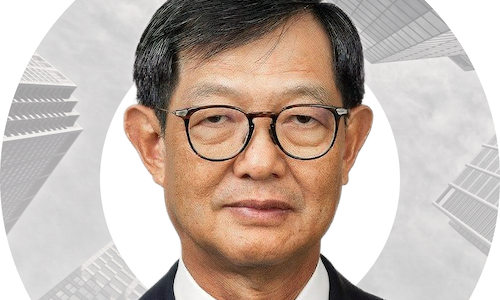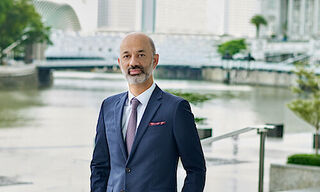Hong Kong sees more women in leadership roles within wealth management as compared to other parts of Asia and Europe.
In Hong Kong, 50 percent of private bankers with a managing director title are women, says executive-recruiting firm Korn Ferry. In the rest of Asia, the ratio is below 30 percent. These ratios supersede those in Europe, where private banking originated. There, women hold only about 10 percent of the top roles.
«Women taking leadership roles didn’t happen overnight; we have been seeing an accelerating number of women rising over the past 10 years,» said Amy Lo, Co-Head of Wealth Management Asia Pacific at UBS, who was quoted in a «Bloomberg» article (behind paywall). At the Swiss banking giant, more than 40 percent of Asia-based wealth management staff -- with a managing director title and higher -- are women.
Preference For Women Bankers
Chinese clients, especially Chinese women clients, say they are more comfortable with women bankers due to their attention to detail and ability to relate to themselves.
«We also understand more about the challenges the female clients are facing, like how to balance between work, family, and life,» explained Lo.
Drivers of Gender Diversity
Two factors are driving the shift for gender diversity. One is the banks' desire to meet diversity goals, while the other is to capture the growing wealth of female clients in the region.
«Wealth management has been an up-and-coming industry, which explains why it’s more embracing and open-minded toward diversity and inclusion,» explained Lo.
Importance Of Local Knowledge
Global banks such as HSBC and UBS have added more women as clients increasingly value bankers who speak the local language and are knowledgeable on issues such as taxation and transfer of wealth, compared to someone flown in from global headquarters.
China mints two new billionaires a week, according to a UBS and PwC report published last year. The number of female billionaires in Asia rose more than 20 times since 2005, making up 8 percent of all billionaires in the region in 2017.





















